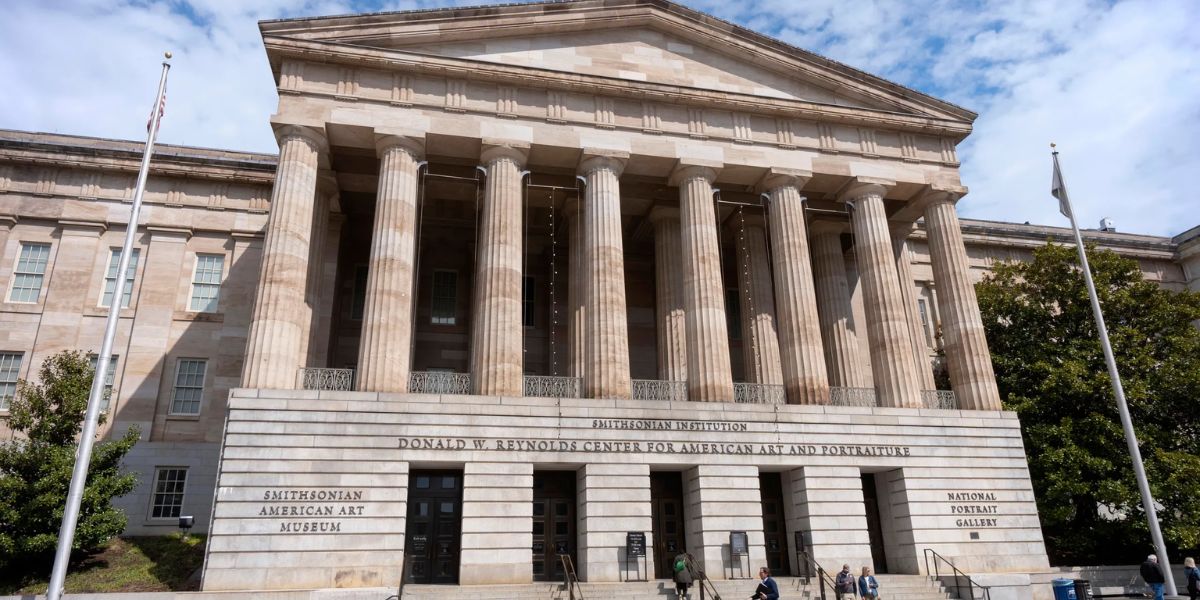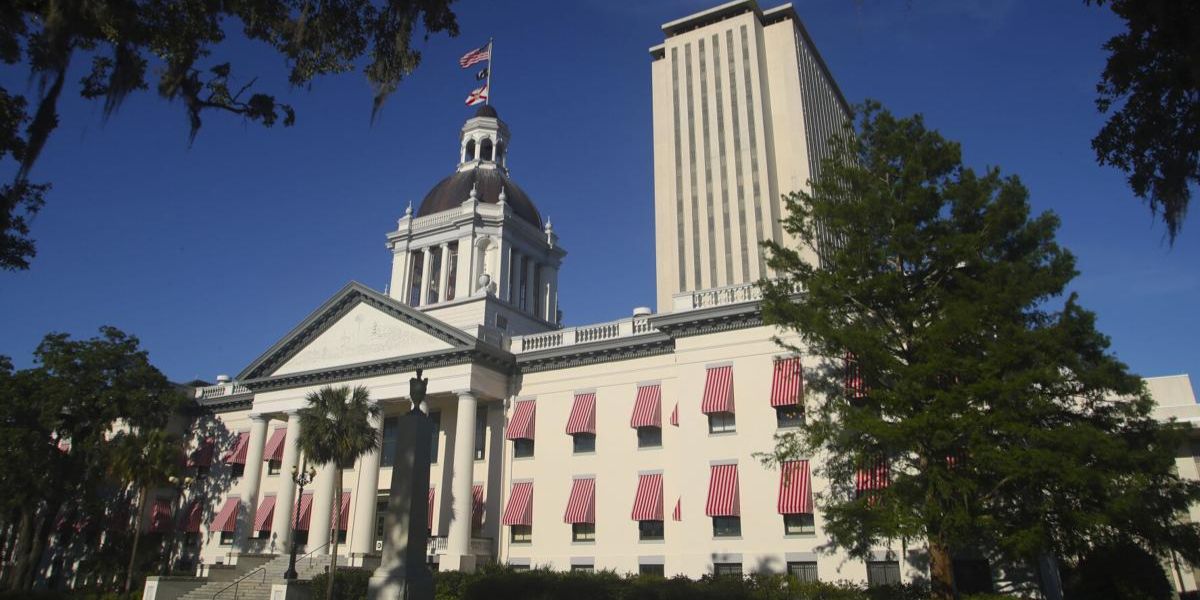The National Endowment for the Arts, which gives hundreds of millions of dollars annually to people and organizations around the nation, is to be abolished, according to President Donald Trump’s proposed budget.
Meanwhile, an NEA official said Monday that employees have been asked to retire or quit, and scores more groups have been notified that funds have been canceled or denied.
Trump is trying to eradicate what he refers to as “woke” influences by overhauling federal cultural agencies, and the NEA is the latest target. Top officials have been removed, funding has been reduced, and new rules at the National Endowment for the Humanities, the Smithsonian Institution, and the Kennedy Center have been required by the president.
In an endowment-affiliated email, Michael Orlove, the NEA’s director of state, regional, and local partnerships, announced that he had agreed to the “deferred resignation program” and would be leaving at the end of the month.
“Given the current situation, it was the best option for me and my family,” he stated.
The Berkeley Repertory Company and Three Percent, a preeminent source of translated literature based at the University of Rochester, are among the organizations that are not receiving money. Chad Post, the director of Three Percent, shared a letter from the NEA, stating that it will now “prioritize projects” that ranged from Health and Human Services Secretary Robert F. Kennedy Jr.’s “Make America Healthy Again” effort to HBCUs.
The email states, in part, that “NEA will now prioritize projects that elevate the Nation’s HBCUs and Hispanic Serving Institutions, celebrate the 250th anniversary of American independence, foster AI competency, empower houses of worship to serve communities, assist with disaster recovery, foster skilled trade jobs, make America healthy again, support the military and veterans, support Tribal communities, make the District of Columbia safe and beautiful, and support the economic development of Asian American communities.”
Trump’s proposed “National Garden of American Heroes,” which would include statues of a diverse variety of famous people from Kobe Bryant to Benjamin Franklin, is set to get money from the NEH and NEA.
Founded in the middle of the 1960s as part of a flurry of domestic projects under President Lyndon Johnson, the NEA and NEH have grown to be vital components of the nation’s cultural infrastructure.
Former NEA honorees include at least two of Monday’s Pulitzer Prize winners. Both poetry winner Marie Howe and novelist Percival Everett, whose work “James” won the Pulitzer Prize for fiction, have received fellowships for creative writing.
Read Also: Trump Administration Asks Judge to Dismiss States’ Lawsuit Over Mifepristone Access
In the past, Republicans have attacked NEA.
President Ronald Reagan first suggested eliminating it in the early 1980s, but he changed his mind after an advisory team he had put together pointed out the NEA funding’s financial advantages.
Sen. Jesse Helms of North Carolina, who was among many incensed by NEA awards to artists including performance artist Karen Finley and photographer Robert Mapplethorpe, called for the endowment to be closed a few years later.
The endowment was saved by a bipartisan agreement.
Trump also demanded that the NEA’s funding be cut during his first term, but Congress ended up restoring it.



